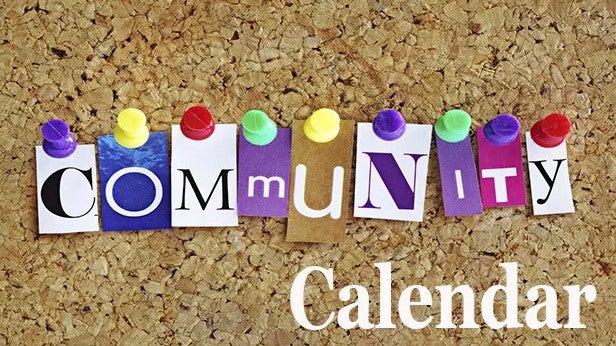WAMHC is recertified
Published 11:29 pm Tuesday, August 19, 2008
Kent Hunt, associate commissioner of the Alabama Dept. of Mental Health and Mental Retardation, announced last week that state mental health officials will start visiting 112 uncertified drug treatment programs next month to make sure that they meet state standards.
“My understanding is that the state was approached by advocates and family members with complaints about non-certified programs,” said WAMHC executive director Kelley Barnes. “In order to have a substance abuse program, you should be certified through the Dept. of Mental Health, and these programs were not. There seem to be many, many programs in the state of Alabama that were not certified. The state will look into what kind of services they provide and then either assist them in achieving certification or urging the courts not to refer to those programs.”
The West Alabama Mental Health Center in Demopolis will not be visited by the state, as it became certified earlier this month.
“We just had certification come in during the first week of August,” Barnes said. “We were certified for the maximum of two years for our substance abuse and prevention programs, and scored very high on both; I think there were 95’s and above.”
The West Alabama Mental Health Center offers a variety of substance abuse treatments.
“We have an intensive out-patient program in individual substance abuse, which is individual counseling with a licensed counselor,” Barnes said. “We also have groups, which is intensive out-patient, which has three nights a week. We do not have a residential program in our five counties— Marengo, Greene, Hale, Sumter and Choctaw — which is unfortunate, because there are many drugs out there that you need to go to residential treatment if you want to successfully wean yourself off of those drugs. There certainly is a need around here, as prescription drug abuse is on the rise, along with methamphetamine, and we are still dealing with crack cocaine.
“We are a comprehensive mental health center, and that means that we offer every program that the Dept. of Mental Health requires in every population. We do programs for the developmentally disabled, for mentally ill adults and children. We have prevention programs, we have substance abuse programs we cover every area of service delivery through the Dept. of Mental Health.”
Barnes said that most of the substance abuse referrals come through law enforcement and the judicial system.
“Because we don’t have a residential program, you can’t get individuals in at their lowest point,” she said. “Everybody’s ready to go to the residential program when they’re at their lowest point. Since we don’t have a residential program, that limits being able to take those people in immediately and starting detoxification. That kind of cripples us, as far as immediate services goes. So, most of our people are court-referred and come through either city court or district court or circuit court.
“We also have prevention programs that mainly deal with children and adolescents as well as with parenting skills. It is really a good service for the community.”
However, if someone feels they have a substance abuse problem, they don’t have to be arrested to be admitted into the WAMHC programs.
“We can get those people into out-patience services immediately,” Barnes said. “We can get them into individual services immediately and intensive out-patience services, which are crisis groups that meet in the afternoons and evenings. For residential services, however, there is a huge waiting list, unfortunately. People can come here for an evaluation and out-patient treatment, and that is for alcohol or other drugs.
“We see about 45 people a month in the substance abuse programs, and they come in about three days a week on a regular basis, and they also see four individuals a day for one-on-one counseling. We also host Alcoholics Anonymous meetings here in the evenings.”
Anyone wishing to take part in WAMHC’s substance abuse programs, to have a substance abuse evaluation or to access the center’s substance abuse prevention programs may contact the center at (334) 289-2600.





